INTERVIEWS

BACKGROUND OF STUDY
Most high school students believe that playing video games is more exciting than activities in real life.
They found out that video games are something that they are skillful at.
It is less tiring than real life activities.
You can be what you want and where you want to be in video games.
Make a lot of money for a living ( streaming in youtube or twitch)
Rapid expansion of esports as a significant global industry, influencing youth culture and behavior worldwide.( can be bad or good )
Increasing participation of high school students in esports, raising questions about its impact on academic performance and social interactions.
Exploration of how esports might affect social skills, peer relationships, and overall well-being among students.
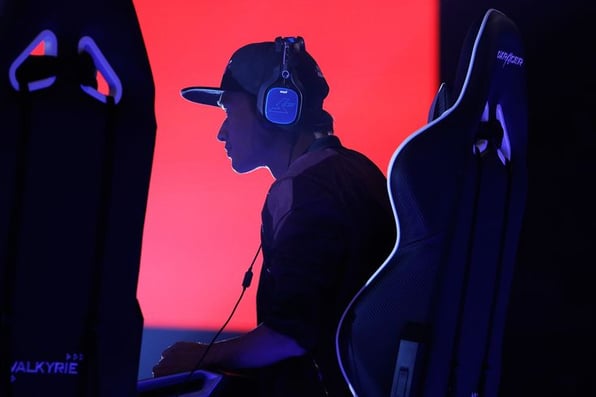

Research Methodology
QUALITATIVE : INTERVIEWS
Of course, we did not limit the interviews with students alone, but with graduate parents and educators as well. The combination of different groups gave us wider and varied views on esports and its possible experiences with challenges. One such realization among students was that gaming affects academic performance, whereas they feel social school life can be balanced. It requires prioritization, and in some ways, parental monitoring of screen time will help. Most parents have agreed to this, that there is decreased family bonding because of gaming, but time management could mitigate this. Some say students perform well academically in grades but have a gap between those addicted to gaming and those who do not. They have suggested recommendations to raise conviction and awareness through class reminders to address this effectively.
QUANTITATIVE : SURVEYS THROUGH GOOGLE FORMS
The survey results indicated that most surveyed students between the ages of 14 and 18, particularly from Bandung's high schools such as SMAK 1 BPK PENABUR, allocated an average time of 1-2 hours for gaming on a daily basis, whereas a few spent more than four hours on that. Most students considered esports an avenue to possible careers. It also demonstrated wider awareness of the importance of esports though showing contrary addiction degrees. All students spoke in favor of integrating esports in the syllabus with advantages such as teamwork, strategy, and critical-thinking, though they preferred doing so outside school to avoid addiction and damage to education. Esports were said to be instrumental in developing skills such as communication, problem-solving, and decision-making. They noted disadvantages of vagueness regarding time management and rheumatoid symptoms. Gaming was said to build togetherness and leadership. It did, however, claim, according to respondents, the following disadvantages: aggression and irritability. There were most certainly a majority who were known to reject the idea that extended association with gaming could lead to ultimate consequences, such as insanity.
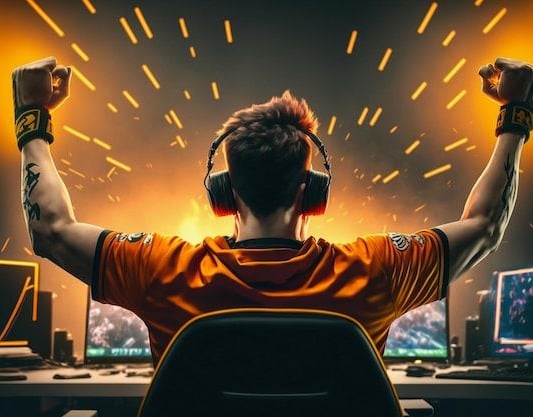

RESEARCH QUESTIONS
How does engagement in esports affect the academic performance, social interactions, and overall well-being of high school students in Bandung?
How will high schoolers in Indonesia receive the benefits and drawbacks of engaging in Esports?
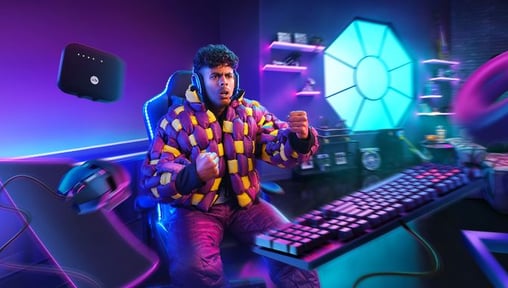

EFFECT OF ESPORTS
Positively? Negatively? In terms of health? Hmm... Physically or Mentally?
Positive Effects
Enhances problem-solving, strategic thinking, and quick decision-making skills.
Improves cognitive abilities that may support academic subjects like math and science.
Negative Effects
Excessive gaming can lead to poor time management, resulting in unfinished homework and lower grades.
Gaming addiction may cause students to prioritize gaming over studying, leading to academic decline.
Late-night gaming can disrupt sleep, reducing focus, memory, and learning ability in class.
Physical Health Concerns
Sedentary Lifestyle leading to obesity and poor posture.
Eye strain from prolonged screen time.
Sleep disruption due to late-night gaming.
Mental Health Concerns
Risk of gaming addiction.
Increased stress and anxiety from competitive gaming.
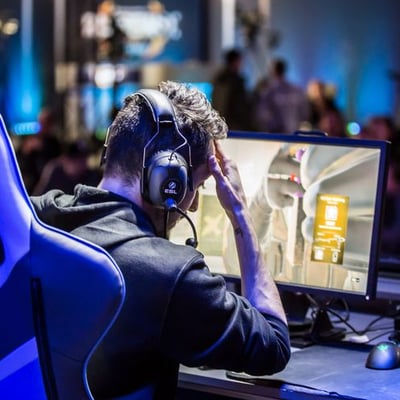

BEHAVIORAL CHANGES
Social Interaction
Potential social isolation.
Stronger online friendships but weaker offline social skills.
Academic Performance
Gaming can distract from studies.
Time management issues.
Aggressive Behavior
Exposure to violent content may influence aggression.
Competitive environments can lead to aggressive behavior.
Positive Changes
Improved teamwork and strategic thinking.
Boosted self-esteem from esports success.
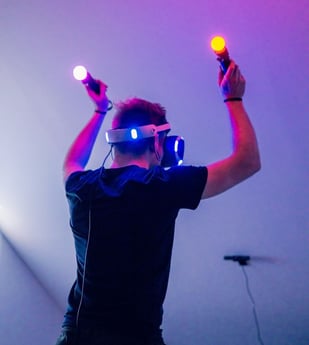

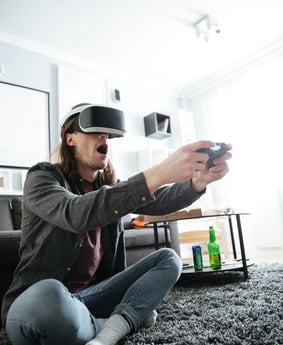

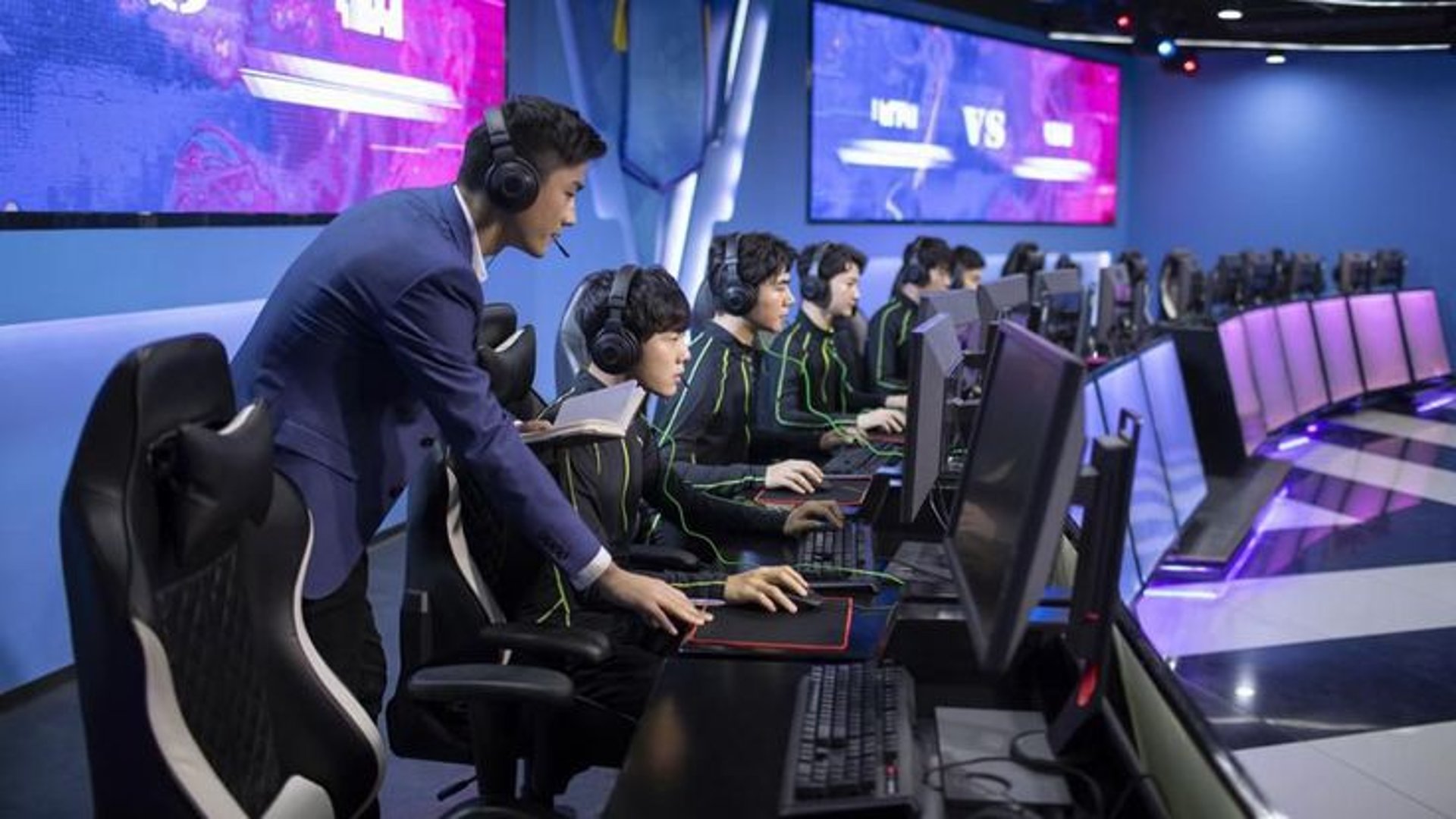
ESPORTS IMPLEMENTATION AT SCHOOL
Integration with STEM and IT Programs
Esports as an attempt to maximize students participation in student council events
Esports as a leadership program
Esports for Cross-Curricular Learning
Solution to the Research Questions
In response to the effect of esports mentioned above, we acknowledge there are still some drawbacks.
Hence we propose a singular solution which contributes to all, aspects stated in the research question, and that is having proper TIME MANAGEMENT.
Academic Performance – Setting dedicated study and gaming schedules prevents distraction and ensures homework completion, maintaining good grades while still enjoying esports.
Social Interaction – Allocating specific time for both online and offline socializing helps balance strong online friendships with real-world communication skills, reducing isolation
Human Well-being – Managing screen time, breaks, and sleep schedules minimizes physical strain (eye strain, poor posture) and mental stress, improving overall health and focus.